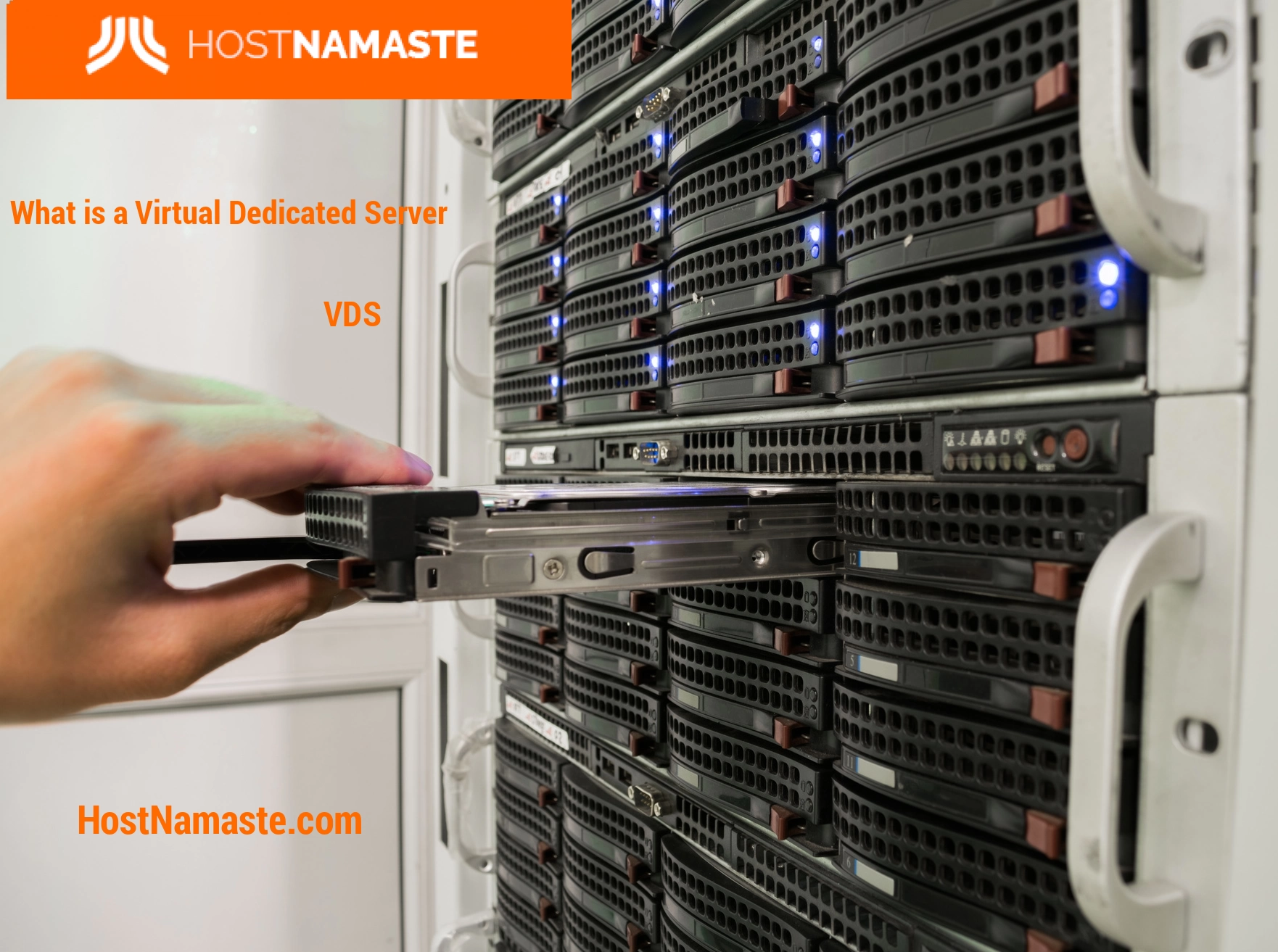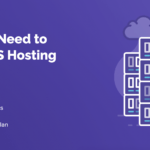
What is a Virtual Dedicated Server – VDS
In today’s digital world, businesses across the globe are leveraging technology to expand their reach and grow their customer base. With the emergence of cloud computing, Virtual Dedicated Servers (VDS) have become a popular choice for companies looking for high-performance hosting solutions. In this blog post, we’ll explore what exactly a VDS is, how it differs from other hosting options, and why it may be the right choice for your business. So, whether you are a small startup or an established enterprise, keep reading to learn more about the advantages of a VDS for your web hosting needs!
A Virtual Dedicated Server (VDS) is a type of hosting service that provides users with a virtual machine that operates as a dedicated server. It is a virtualized server that runs its own operating system and has dedicated resources such as CPU, RAM, and storage. VDS is considered to be more reliable and flexible than other vps hosting, as users have more control over their server environment and can install their own software and applications. In summary, VDS allows users to have their own virtual server with dedicated resources and greater control over their hosting environment.
This means that a Virtual Dedicated Server or VDS is essentially a portion of a physical server that is divided into multiple virtual servers, each with its own operating system, applications, and storage space. Each VDS operates independently, as if it were a dedicated server, but without the cost and maintenance required for a physical server.
Users of a VDS have root access to the virtual machine, which allows them to install and configure software as needed. They can also reboot the virtual machine and perform other administrative tasks.
VDS is a popular choice for small to medium-sized businesses and individuals who need the flexibility and control of a dedicated server without the high cost of hardware, software, and maintenance.
VDS Hosting Provides Several Advantages over other Hosting Services, such as:
- Enhanced Control: With VDS hosting, users have root access to their virtual machines, which means they have more control over the server environment. They can install and configure software, modify settings, and perform other administrative tasks.
- Dedicated Resources: A VDS provides dedicated resources like CPU, RAM, and storage space, which ensures consistent performance and prevents resource contention that can occur in shared hosting environments.
- Scalability: VDS hosting is highly scalable, as users can upgrade or downgrade their resource allocation as needed, without having to migrate to a new server.
- Cost-Effective: Compared to a dedicated server, a VDS is much more cost-effective, as users can enjoy the benefits of a dedicated server without the high cost of hardware, software, and maintenance.
- Security: VDS hosting is more secure than shared hosting because each virtual machine is isolated from others, providing an extra layer of security against malware and other types of attacks.
- Customization: VDS hosting allows for greater customization than shared hosting. Users have complete control over their virtual machines and can install custom software or configure their server environment to meet their specific needs.
- Better Performance: Since VDS hosting provides dedicated resources, users can experience better performance compared to shared hosting, where resources are shared among multiple users.
- Redundancy: Many VDS hosting providers offer redundant infrastructure, such as backup power supplies and network connections, which helps ensure that the server remains accessible even in the event of an outage.
- Technical Support: VDS hosting providers typically offer technical support to assist users with server-related issues. This support can include assistance with software installation, server configuration, and troubleshooting.
- Geographic Flexibility: VDS hosting allows users to choose the location of their server, which can be important for businesses that need to comply with data privacy regulations or serve customers in different geographic regions.
When Selecting a VDS Hosting Provider, there are Several Factors to Consider:
- Server Specifications: It is important to consider the server specifications offered by the hosting provider, including the amount of RAM, CPU, and storage space provided.
- Technical Support: Look for a hosting provider that offers reliable and responsive technical support, preferably 24/7.
- Price: Compare pricing plans of different VDS hosting providers to find the one that offers the best value for your budget.
- Scalability: Ensure that the hosting provider offers easy scalability so you can upgrade or downgrade your resources as needed.
- Uptime: Look for a hosting provider with a high uptime guarantee, typically 99.9% or higher.
- Security: Check that the hosting provider offers security features such as firewalls, DDoS protection, and malware scanning.
- Reputation: Research the hosting provider’s reputation by reading customer reviews and testimonials.
Conclusion
Finally, it’s important to consider your specific hosting needs and requirements when selecting a VDS hosting provider. For example, if you need a lot of storage space, then a provider with larger storage plans may be necessary. If you expect high traffic to your website, then a provider with higher RAM and CPU allocation might be the right choice. Additionally, if you require a specific operating system or software, ensure that the hosting provider can support it.



